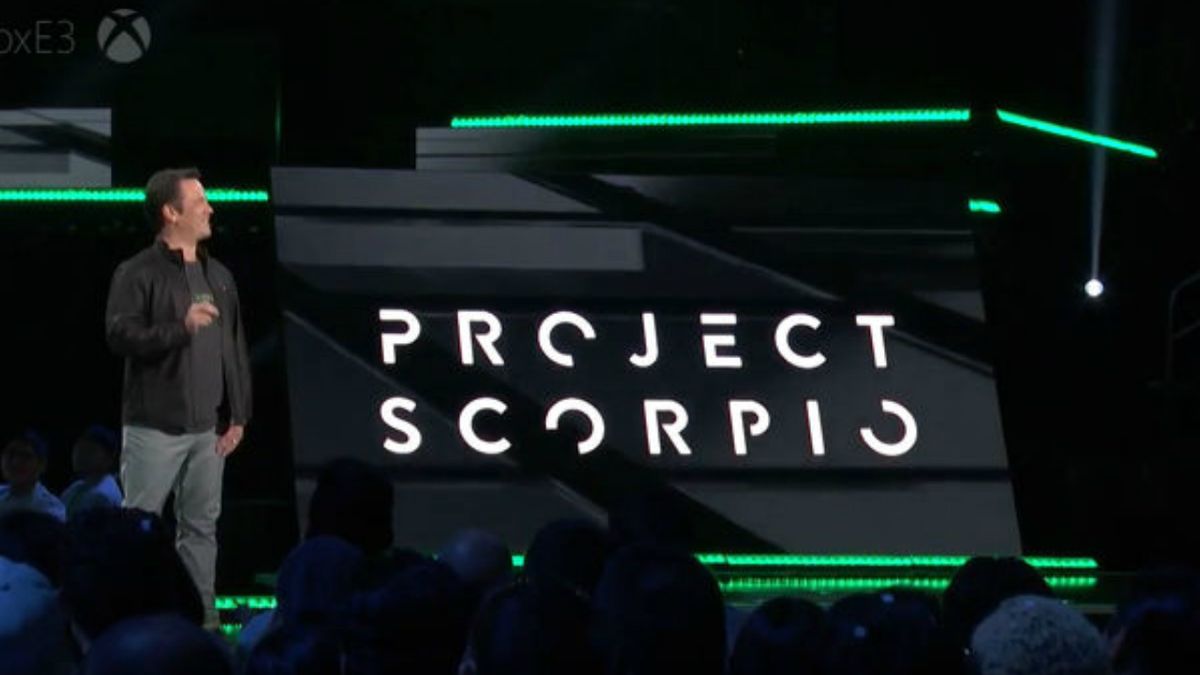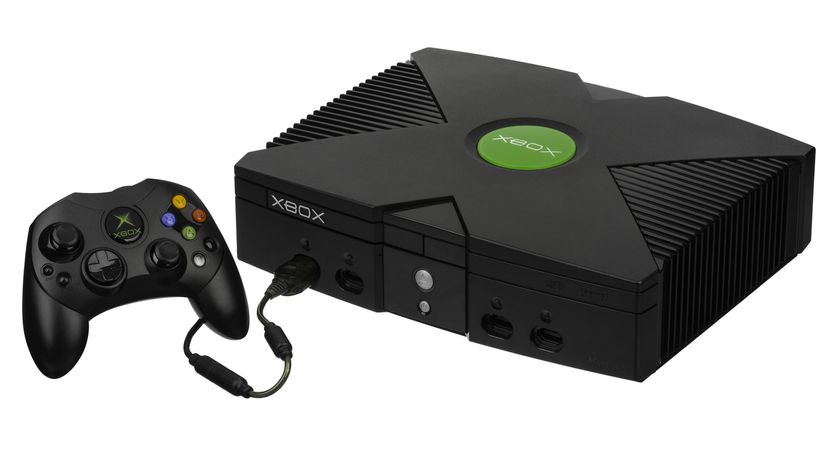
Xbox fans, good news: it looks like Microsoft's "most powerful console ever" just got more powerful. Mike Ybarra, corporate VP of Xbox and Windows gaming, tweeted today that Scorpio will now have even more RAM available for developers than previously announced.
We’ll keep tuning Scorpio to empower creators to share the best versions of their games. Unlocked extra GB of RAM for them, now 9GB of GDDR5June 8, 2017
"But wait," I hear some of you imaginary voices say. "I thought Scorpio had 12GB of RAM?" And you're right, Scorpio did and still does have 12GB of GDDR5 RAM. (And if you need an explanation of that crazy acronym, check out my breakdown of Scorpio specs and buzzwords.)
Okay, so what's changed? According to Ybarra, it's how much of those 12GB have been allocated for games vs. system functions. Previously, 8GB of RAM were set aside for running games, while the remaining 4GB were for the Xbox operating system (OS). That ratio is now 9GB for games, 3GB for OS processes.
This extra little bit of graphical oomph should help developers who want to push their games to 4K, allowing for more stable framerates and larger resolution assets. It's not a huge leap from before, but every little bit helps of course. But there's another benefit that everyone who's interested in Scorpio should enjoy:
Games that don’t use the full 9GB, the rest of the RAM will be used as a cache (making things load way faster, etc.). All games = better. https://t.co/yZTGOvBJRxJune 8, 2017
Even if a developer doesn't need the extra GB of RAM, it'll act as a cache system. If you're not familiar with how those things work, a cache is (if the more technically inclined among you will forgive my simplistic metaphor) kind of like a bullpen in baseball: it's basically a way of warming up assets before they're called on by the game so that they can be loaded faster.
So for example, if a game with no cache available loaded a building, it would need to search for the asset in the game's code and load it from scratch every time. But if it were contained in a cache, it can be recycled over and over much faster, because it's basically already loaded. Ergo, the bigger the cache, the more things that can be temporarily "held" by the system until they're ready to be loaded in.
The super short version of this is smoother framerates and faster loading for all games, even those not designed with the extra gig in mind. An Xbox One game developed pre-Scorpio could (theoretically) have better performance all around without any extra fiddling around in options menus. You could (again, theoretically) have an Xbox 360 game run better on Scorpio than it ever did before. And sidenote, I only say "theoretically" because we've still yet to see the thing in action.
Sign up to the 12DOVE Newsletter
Weekly digests, tales from the communities you love, and more
Maybe at the Microsoft E3 2017 press conference?
Sam is a former News Editor here at GamesRadar. His expert words have appeared on many of the web's well-known gaming sites, including Joystiq, Penny Arcade, Destructoid, and G4 Media, among others. Sam has a serious soft spot for MOBAs, MMOs, and emo music. Forever a farm boy, forever a '90s kid.















